I felt bewildered as I read the WhatsApp message. It was from my best friend. It said he is going to get married soon, to a lady he met a few months ago. Soon, I was grappled by a rush of complex emotions on the news of their marriage. I felt happy, I knew how he longed to be married. But then, I also felt betrayed, angry, disappointed, and heartbroken.
I felt happy, I knew how he longed to be married. But then, I also felt betrayed, angry, disappointed, and heartbroken.
No, this is not a story of an unrequited My Best friend’s Wedding romance. It is about our shared journey through the complexities of modern arranged marriages, where together we have dissected profiles on matrimonial websites, supported each other through the highs and lows, all the while believing we held similar values.
The story begins
We are both working professionals, in our late thirties, the age that is marred by complex love lives. To me, my best friend exemplified what a progressive Indian man looks like. A self-proclaimed feminist, he advocated for women’s participation in the workforce. He often spoke about the need for women to be independent, financially, emotionally, and mentally, – holistically. I thought I understood what he was looking for in a potential partner: a well-educated, fierce, independent woman, who is her own person and voices herself— an embodiment of the archetype of the strong Indian woman.
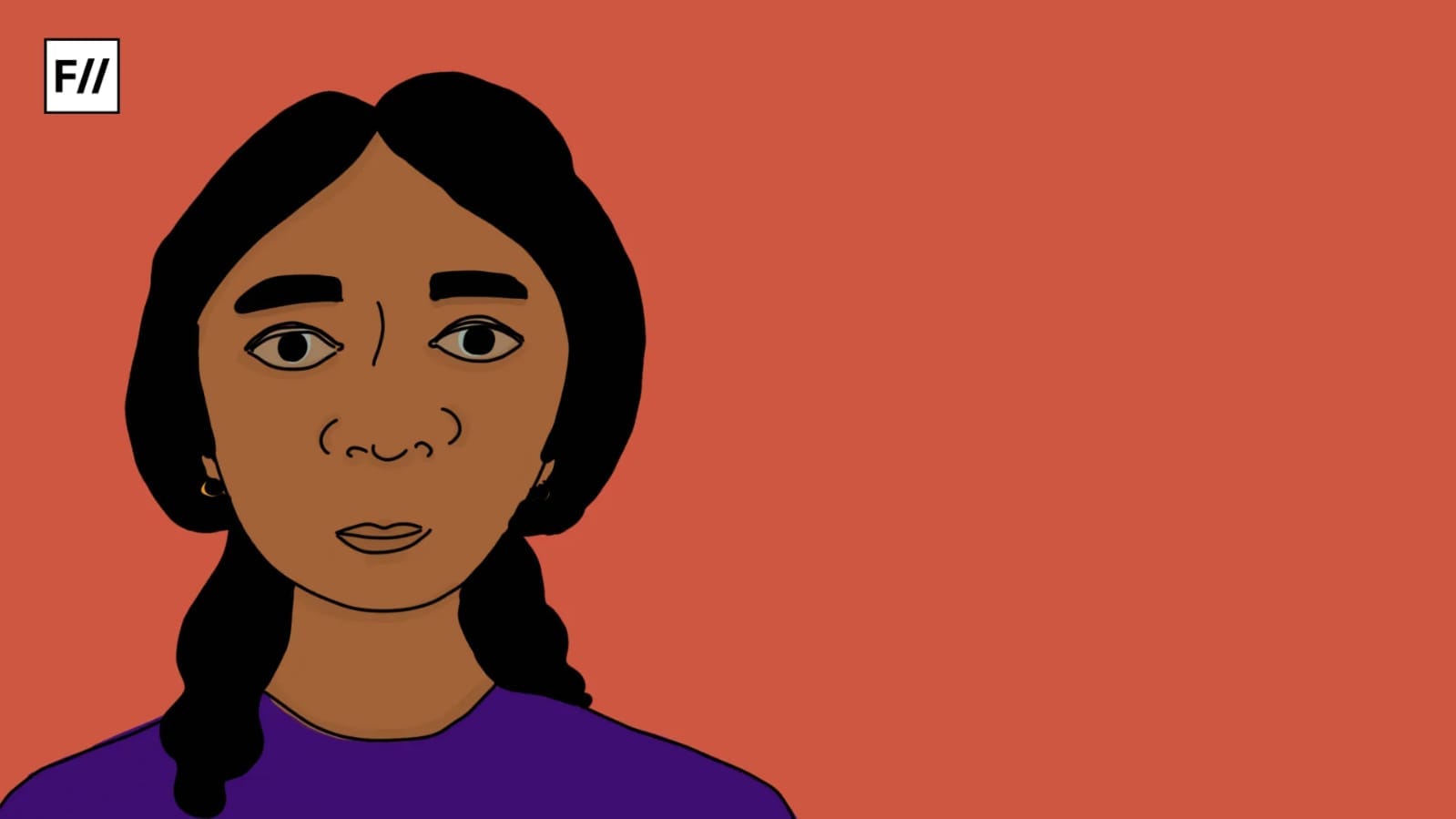
I used to listen to his stories of disappointment, when he would meet women who did not match the outwardly “independent” appearances. He sympathised with these women and the conditions they were brought up in. But he certainly did not see them as his potential wife.
A transformative shift in perceptions of marriageability
However, all of this changed, when he met his now to-be wife, a brilliant, pretty, and extremely well-educated woman in her late-thirties. Yet, she had never worked or lived away from her parents. He was enthusiastic about her, but puzzled by her lack of independence despite her stellar credentials. Over the period of the next few months, something interesting happened. He asked her about her financial status. She got a job soon after. He asked her about her health goals. She joined a gym.
It became clear that these are not her aspirations. Instead, she seemed focused to make herself more marriageable in the eyes of a prospect. It became clearer that her multiple degrees were also to increase her visibility in the arranged marriage market. Her behaviour reflected a broader societal pressure on women to enhance their marriageability rather than pursue personal growth. Indian parents often allow their daughters to experience life only if it enhances their marriage prospects; including investment in girl’s education. A well-educated woman is more likely to marry a securely employed man.
All this while, my friend was on the fence. One day, she surprised him by coming over to his home unannounced, and cleaning his house—a gesture that, for him, was transformative. For him, this gesture eclipsed any prior reservations. He started perceiving her as a loving, obedient, and devoted wife, culminating in his impending decision to marry her.
For him, this gesture eclipsed any prior reservations. He started perceiving her as a loving, obedient, and devoted wife, culminating in his impending decision to marry her.
Don’t get me wrong, I adore this lady and my friend. But choosing someone to marry based on a display of traditional domestic gestures has disillusioned me. It made me question: are these still the most coveted qualities to be a wife?
Who do Indian men really want in marriage?
Statistically, he represents a majority of Indian men who still prefer women who adhere to traditional gender roles. Despite the smokescreen of progress and a progressive society, the number of women in the workforce in India is globally one of the lowest. In a covert experiment in 2022 by an Oxford doctoral candidate, it was evidenced that gender norms play a major role in this phenomenon, with marriage incentives often overshadowing career choices.
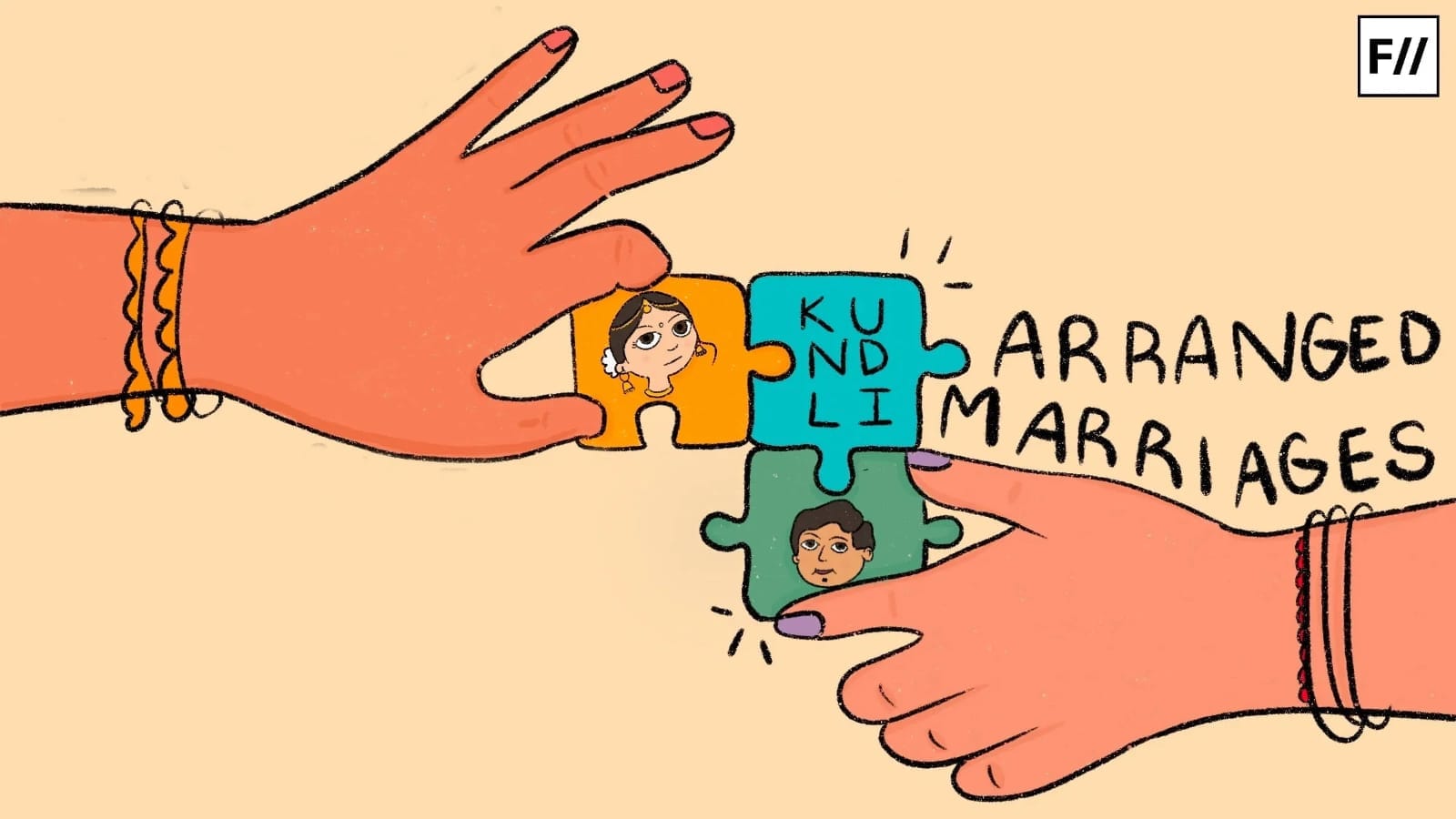
Fake profiles of women with varying economic and career backgrounds were created on a popular matrimonial site, and responses by male users were recorded over a month. The women who have never worked received highest number of positive responses from men. While the women who work and want to continue working after marriage, received the most negative responses. The average response rates revealed that women who had never worked garnered 15–22% more interest, as opposed to working women. The results clearly highlighted that men are significantly less interested in working women, – a proxy for independent women – who face a tangible penalty in the marriage market.
Furthermore, a recent World Bank report (Education, Social Norms, and the Marriage Penalty: Evidence from South Asia, released in October 2024) shed further light on this issue. The report found that about one-third of women drop out of the workforce after marriage, reinforcing the “marriage penalty” that continues to shape societal expectations for women.
The report found that about one-third of women drop out of the workforce after marriage, reinforcing the “marriage penalty” that continues to shape societal expectations for women.
In a The New Indian Express article discussing the Oxford doctoral candidate’s experiment, many young men, much like my best friend, expressed their desire for independent wives, their equal partners. Yet, the statistics tell a starkly contrasting story. There must be other forces at play—implicit and invisible—that continue to influence marriage decisions, much like they seem to have influenced my best friend’s choice.
A reassessment of my own journey and my experience with the marriage market
This realisation prompted me to reassess my surroundings. Anecdotally, I found that the numbers corroborated even in my immediate social sphere. Despite the World Bank report linking higher education with greater workforce participation, my friend circle—mostly highly educated individuals—still reflects significant attrition of married women.
I was also surprised by my own experiences on a matrimonial website. While I receive respect for my credentials, I often face proposal rejections citing “incompatibility.” I had been unaware of the subtle biases in these interactions, where my doctoral degree from a prestigious institution is both acknowledged and rejected, revealing a deeper trend that I had overlooked until now.
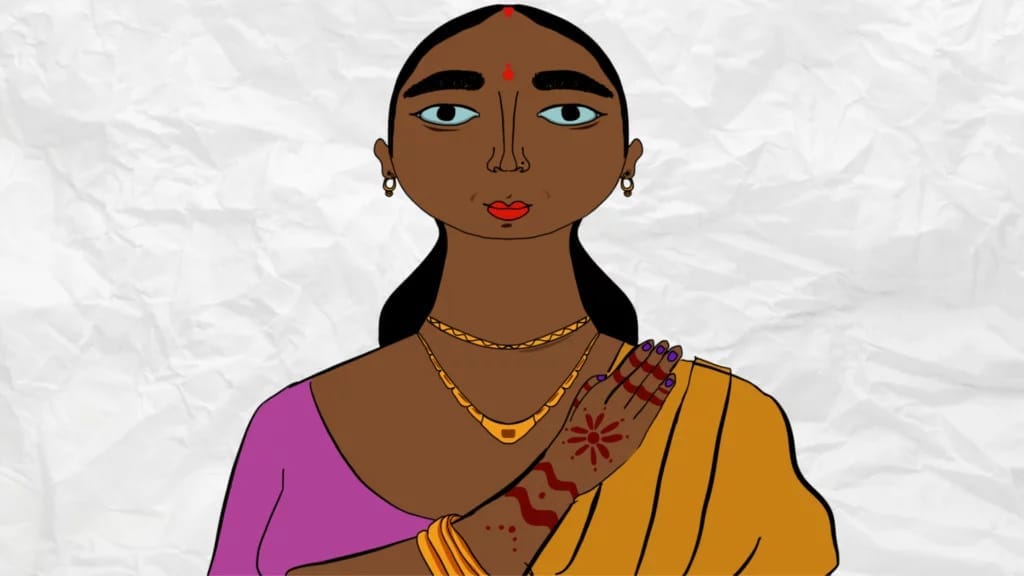
I understand that independence is not solely financial (though financial independence certainly helps). A woman may choose to be a homemaker, and I respect that choice. After all, the unpaid labour of housewives contributes to 7.2% of India’s GDP. However, much like Nietzsche, I find myself questioning the concept of free will and whether it truly exists. Are these women, who either lacked professional ambitions before marriage or chose to leave the workforce afterward, acting out of genuine free will? Or have societal gender norms, marriage incentives and penalties arm-twisted them into choosing between work and marriage? The World Bank report suggests the latter.
Holding onto hope, the story continues…
Between all this narrative, there is a sense of personal loss here, too. His choice has made me question whether my own hope for a relationship based on equality and mutual respect is realistic. It feels like watching someone take a step backward in a journey we were on together.
Nevertheless, I remain his friend, wishing him all the happiness that marriage can bring. But as he steps into this new chapter of his life, I am left to ponder the road ahead for myself, knowing I still seek a relationship where my own independence and values are fully embraced. I remain hopeful in my search for a partner who truly shares and practices the values I believe in, and who accepts me fully for who I am.
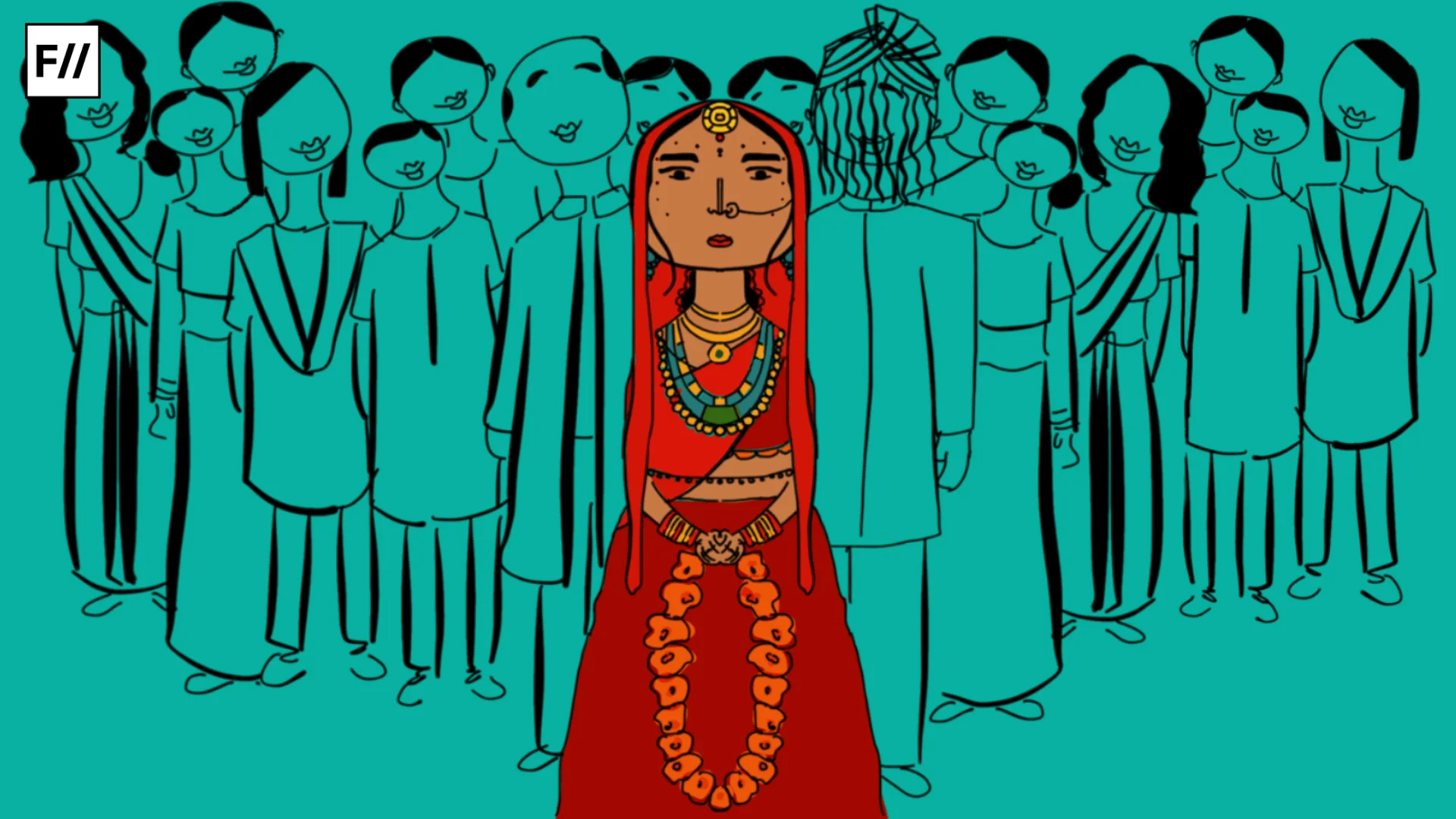
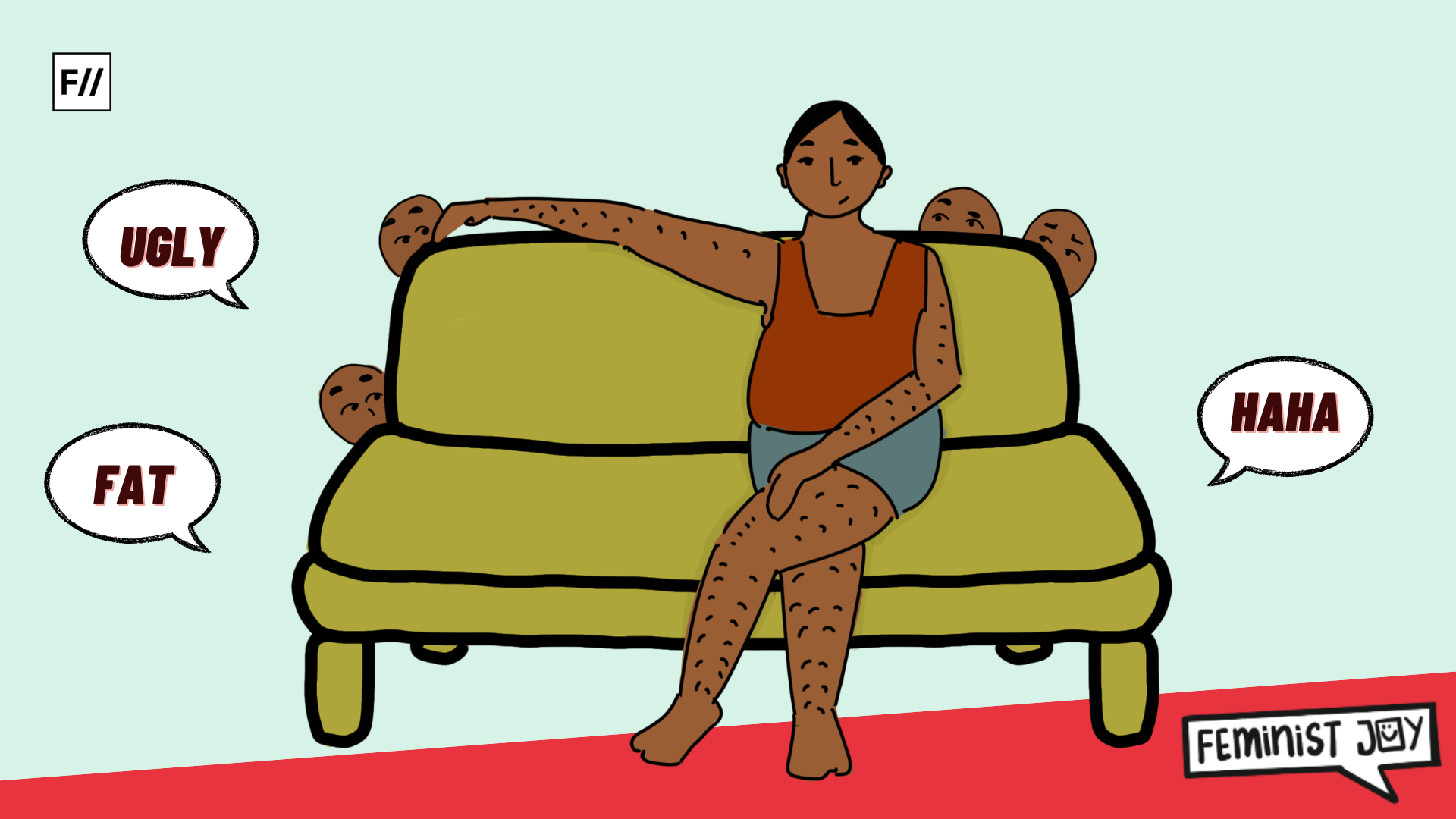
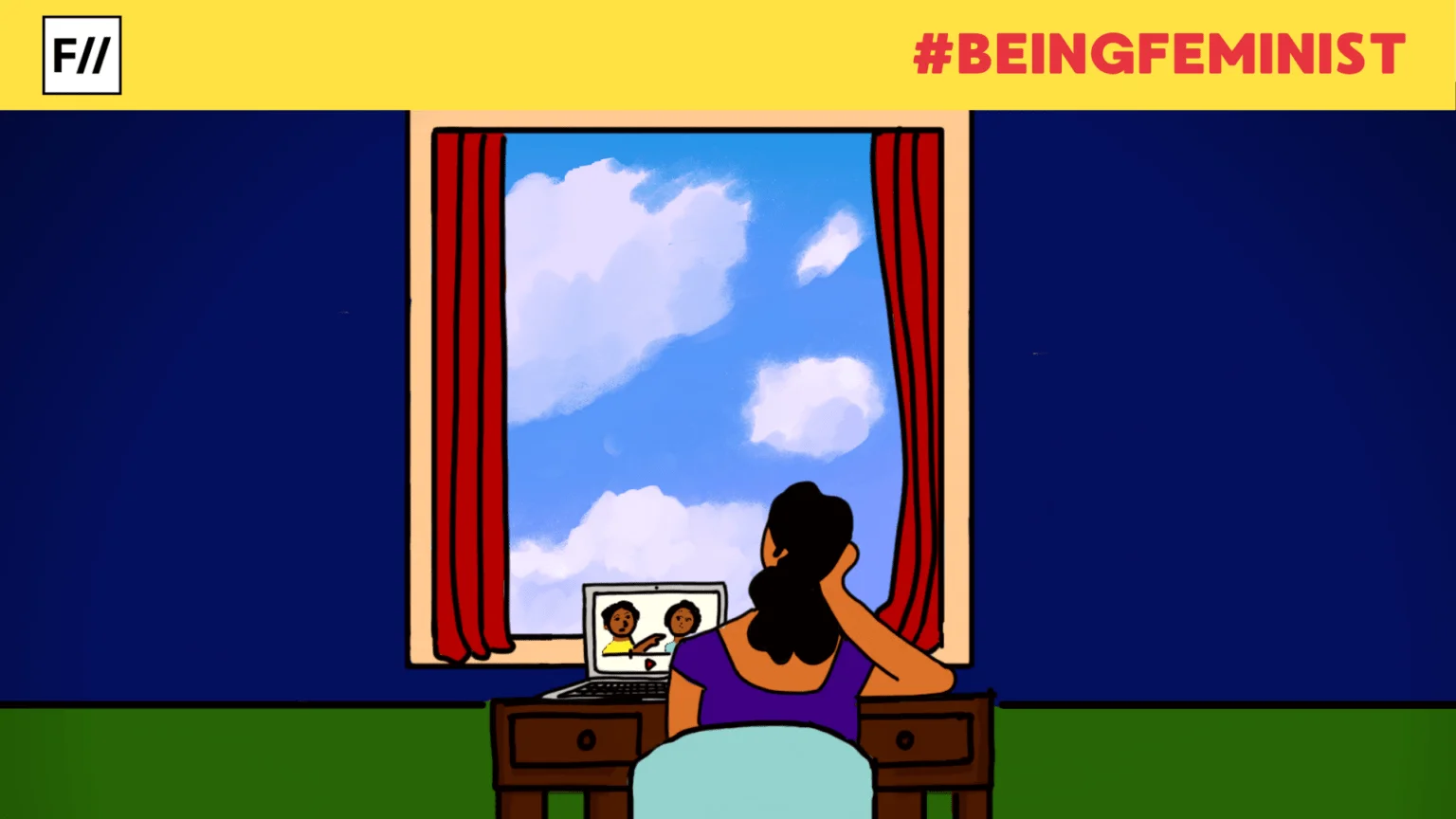
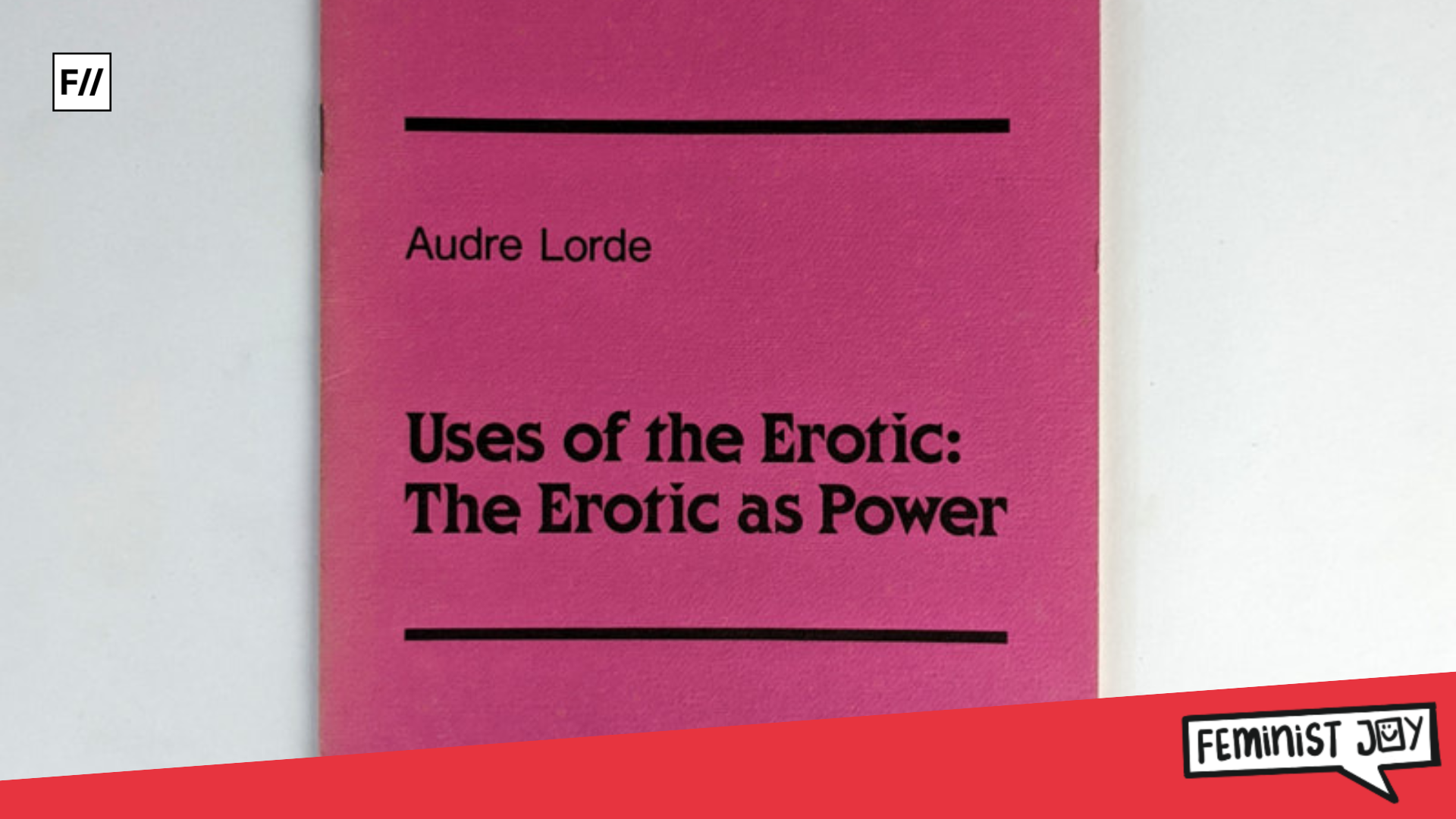

Well the author forgot to address the much larger problem that feminism oriented pov choses to overlook . Women has always no hesitation involved sought richer families, stronger taller men well placed professionals over men who might be equal to them . A guy with good prospects in marriage looking for equality is a fool he has to settle for someone who see him as a better catch . Because women always chose better no matter what since age immemorial . Reality is this reason may be burried in patriarchy but women know how to hide behind gender roles to escape the harsh reality of the world . They talk so much about gender roles yet i dont see any household without house helps or cooks so we men have to choose from whats available . A girl with a package of 5 lacs want a guy with a package of 25/30 lacs minimum and without parents preferably and they keep delaying their marriage decision till it becomes too late and then they hide behind the gender roles which they actually fake or actually enjoy doing based on their experiences of the wicked corporate world and money management .